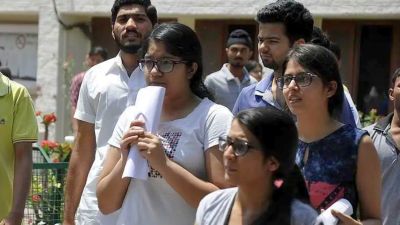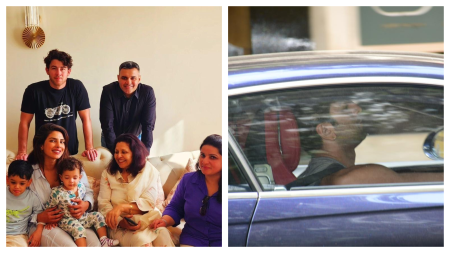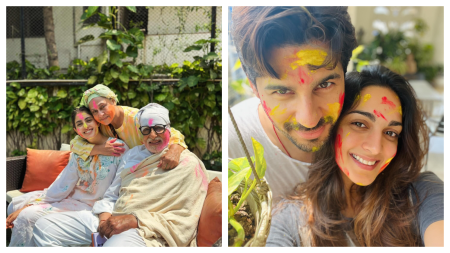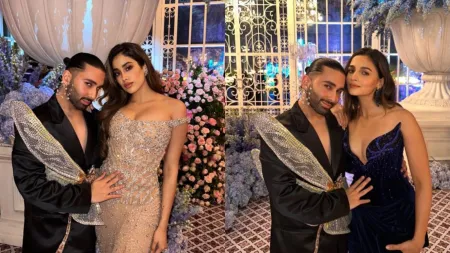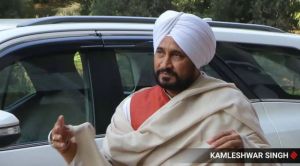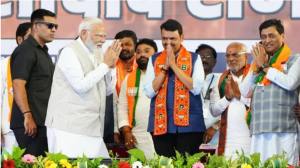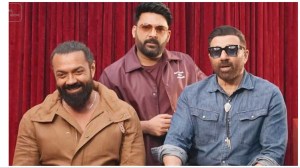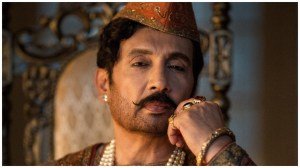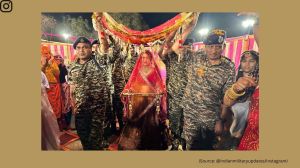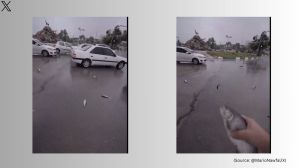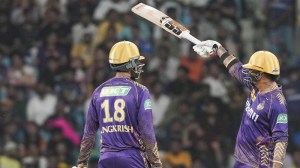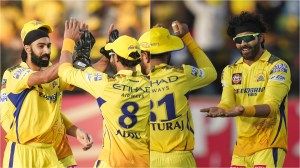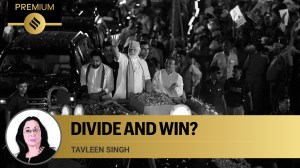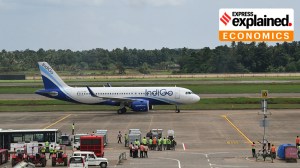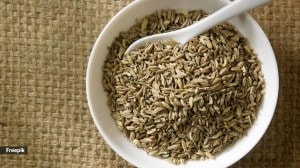- India
- International
Exclusive: Excerpt from ‘Gaata Rahe Mera Dil – 50 Classic Hindi film songs’
The 1960s boasted of some of the finest ‘escapist’ melodramas of Hindi cinema, where the hero or heroine would run to the hills and find love above or below their station. Here are excerpts from Gaata Rahe Mera Dil - 50 Classic Hindi film songs.
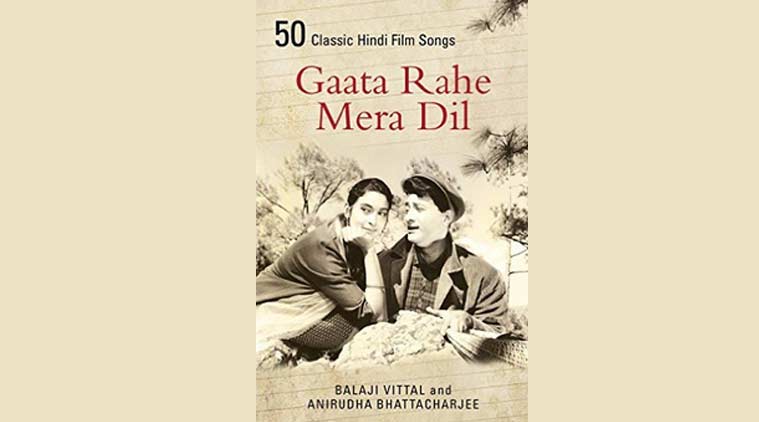 Shammi Kapoor recounted an evening in the early 1960s while talking to the authors: ‘Shakti-da was planning his next film.
Shammi Kapoor recounted an evening in the early 1960s while talking to the authors: ‘Shakti-da was planning his next film.
Below is the excerpt from Gaata Rahe Mera Dil – 50 Classic Hindi film songs by Anirudha Bhattacharjee and Balaji Vittal. The duo received the President’s National Award for Best Book on Cinema for their debut book, R.D. Burman: The Man,The Music in 2011.
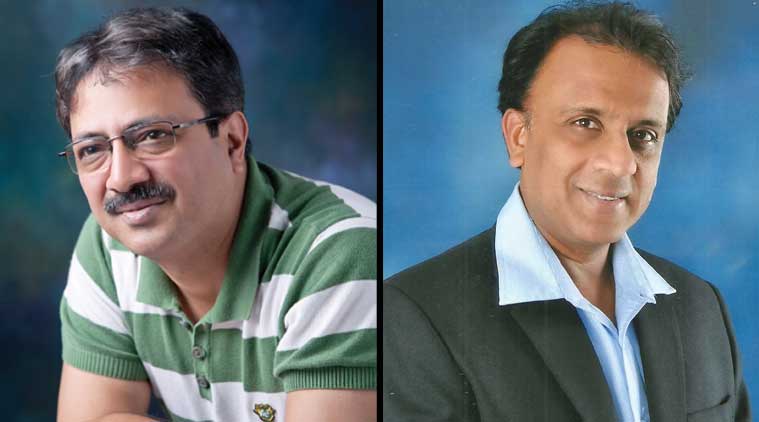 Anirudha Bhattacharjee and Balaji Vittal – authors of ‘Gaata Rahe Mera Dil – 50 Classic Hindi film songs.
Anirudha Bhattacharjee and Balaji Vittal – authors of ‘Gaata Rahe Mera Dil – 50 Classic Hindi film songs.
Breath-taking landscapes in merry colours, snow-coated slopes, gleaming fresh-water lakes caressed by shikaras, ethereal clouds, and O.P. Nayyar’s music – if there was heaven on earth, it was this. The 1960s boasted of some of the finest ‘escapist’ melodramas of Hindi cinema, where the hero or heroine would run to the hills and find love above or below their station. Most of these films were mere excuses to string together a number of delectable songs that made up for the lack of any attempt at cinematic excellence. Kashmir Ki Kali was no different. The melodies were so extraordinary that no one was complaining.
The process by which the tunes for this film were selected is a story by itself. Samanta had already zeroed on Shankar–Jaikishan for the musical score of this film, says his son, Ashim Samanta. Until that fateful sitting.
Shammi Kapoor recounted an evening in the early 1960s while talking to the authors: ‘Shakti-da was planning his next film. He had an idea of a story which he had narrated to me and Rinku [Sharmila], then a newcomer from Bengal, who was to play the lead role. I had great respect for Nayyar sahib and had done a couple of films for him earlier, and for Shakti Babu also, with whom I had made films earlier. “Let’s fix up a date after shooting to meet Nayyar sahab,” suggested Shakti Babu.’
Ashim Samanta, son of Shakti Samanta, in an interview with the authors, gives the background to this proposed meeting with Nayyar: ‘The association with O.P. Nayyar started with Inspector [1956], Baba’s first film which released. [Work on Bahu (1955) had started earlier, but the film got stalled]. When Baba started his first production with Howrah Bridge, OP was there. After Howrah Bridge, I think there was some misunderstanding between O.P. Nayyar and Baba, because ofwhich Baba did not take him for his next two films, Insaan Jaag Utha (1959) and Naughty Boy (1962). Then my father started work on Kashmir Ki Kali. They had decided to take S–J for the film. But OP was going through a rough patch in his life. He called up Baba and told him he would like to come and play the tunes he had made. Baba was quite fond of him though they had some minor differences earlier.’

Shammi Kapoor recounted that evening at Nayyar’s place: ‘After shooting in the studio in Mahalaxmi, Sharmila, [S.H.] Bihari, Asha, Shakti and I went to his office in Famous at 8 p.m. A bottle of whisky was brought out. First drink, “cheers”, “ready” and Nayyar sahab played “Deewana hua baadal” on his harmonium. I said “done”. Then he played “Tareef karun”. I said “done”. In all, he played fifty-two tunes that evening. I selected eight or ten tunes and the music for Kashmir Ki Kali was created within two hours just as the bottle was getting over. Some of the fifty-two tunes were used by Shakti Babu for Sawan Ki Ghata.’
Of course, there was the question of handling Shankar–Jaikishan. ‘“Arre, we have decided to take S–J,” exclaimed Shammi Kapoor. ‘But my dad reassured Shammi uncle saying, “Jackie ko hum log samjha denge. We will take him in another film.” This was when S–J was roped in for An Evening in Paris,’ says Ashim Samanta.
Kashmir Ki Kali had nine songs, out of which the Asha Bhonsle solo ‘Balma khuli hawa mein’ was left out of the print after a few weeks, probably to rein in the film’s length. Selecting the nine songs out of the fifty-odd tunes offered would have been quite a task; of course, Samanta had a certain Kapoor’s help in finalizing the tunes. And all the Kapoors, according to biographer Madhu Jain, knew their music very well.
In keeping with Kashmir’s serene beauty, all the tunes, except the bhangra, ease gently through the senses. Three of the songs are composed on the typically Nayyarish hoof trot – clip-clop/polka beat – ‘Ye chand sa roshan chehra’, ‘Kisi na kisise’, and ‘Deewana hua baadal’. Then the album diversifies into a qawwali (‘Subhan Allah, haseen chehra’), a bhangra (‘Haaye re haaye’), the soft romantic ‘Isharon isharon mein’, the frisky ‘Balma khuli hawa’ and the soulful ‘Hain duniya usiki’.
‘The bhangra and qawwali were brought in to give the album a different shade. It broke the pattern of the music. “Subhan Allah” wasn’t really a qawwali. It was playacting [if you remember the sequence]. The bhangra was necessary as we, in disguise, were running away from the villain so that he could not recognize us,’ recounted Shammi Kapoor, the king of romance.
Among the three hoof-trot numbers there is one that does not actually trot. It sways. The note structure lends it a rich, smooth quality. From the intro music, mainly consisting of Rais Khan’s sitar, Sultan Khan’s sarangi and Isaac David’s lively mandolin, the notes glide over each other like overlapping waves. Avoiding jerks and sharp edges, the song is lilting and seamless in the way Asha Bhonsle and Rafi hand over the baton to each other in near-perfect harmony. OP adds an elusive element by keeping two lines in the solitary Asha Bhonsle antara in a tune different from the one sung by Rafi –the ephemeral use of the sanchari. This out-of-the-box experimentation gives the songs its magical touch.
In ‘Deewana hua baadal’, the hoof trot is prominent at the start of the mukhra, but makes way for the melody that sets the momentum of the track. Technically, the song does not begin with the line ‘Deewana hua baadal’. The first two lines are hummed by Rafi and the lyrics roll in from the third line ‘Ye dekh ke dil jhoomaa’. This style of humming the first two lines did feature in other composers’ creations as well, a prime example being the title song of Rajnigandha (1974), composed by Salil Chowdhury.
_
The sign-line of ‘Deewana hua baadal’ was a take-off from Nayyar’s own song – ‘Mujhe dekh kar aap ka muskurana’ (Ek Musafir Ek Hasina, 1962). The first line of the antara of the ‘Ek musafir ek hasina’ song became the starting line for ‘Deewana hua baadal’. In ‘Mujhe dekh kar’, this melodic phrase looked somewhat out of place. In ‘Deewana hua baadal’, the fit was as snug as that of drainpipe trousers in contemporary fashion.
_
The picturization of ‘Deewana hua baadal’ seems to complement the tune in the way that Shammi and Sharmila do a water ballet on two approaching shikaras, cross and drift away from each other like the vagabond clouds above. ‘Deewana hua baadal’ is how lyricist S.H. Bihari describes them. In an interview with Siraj Khan (owner of the website opnayyar.org), O.P. Nayyar said, ‘I really gave S.H. Bihari a hard time writing those lyrics, as I wanted even the lyrics and the instruments to sing here. Well, you can see how the end-product came out after the hard work. This duet just takes you along with it.’
Bihari and Nayyar worked together throughout the 1960s in musicals like Ek Musafir Ek Hasina (1962), Humsaya (1968) and Kismat (1969), in addition to Kashmir Ki Kali. Bihari was a favourite with Samanta. One finds him writing lyrics in Samanta’s films like Inspector (1956), Jaane Anjaane (1971), Sawan Ki Ghata (1966), Hill Station (1957), Pagla Kahin Ka (1970) and even in Samanta’s first film, Bahu (1955).
Kashmir Ki Kali’s storyline, a mix of Robert Mulligan’s Come September (1961) and Shankar Mukherjee’s (for all practical purposes, Kishore Kumar’s) Jhumroo (1961), offers precious little except to showcase the songs in all their pristine glory. Nayyar’s melodies were the aces Samanta played. Even the most sombre of songs, ‘Hain duniya usiki’, has a light feel about it.
Manohari Singh, one of the great Alto Sax players, remembered this number as ‘Rafi saab aur mera duet’. Shammi Kapoor gifted Singh a hundred-rupee note after his fantastic sax recital in the song. The ace musician gulped down gallons of whiskey that evening and met with a minor car accident on the way back home. Little wonder then that Manohari Singh’s favourite O.P. Nayyar album was Kashmir Ki Kali. As it probably is for a number of Hindi film music lovers.
Photos
May 05: Latest News
- 01
- 02
- 03
- 04
- 05


